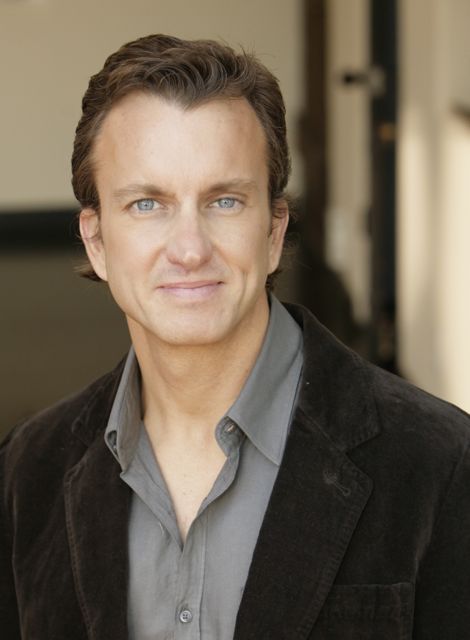
08 Apr Shrink Rap: Mental Health Crisis in Entrepreneurship
A Telluride local, Dr. Paul Hokemeyer is an internationally recognized expert on treating clinical issues at the nexus of relationships and behavioral health. His upcoming book, “Fragile Power,” coming out soon with Hazelden Publishing, is all about the psychological challenges of celebrity. It turns out mental health matters at every point along the socioeconomic spectrum. You can preorder the book on Amazon.
At this year’s World Economic Forum in Davos, Switzerland, cultural and industry leaders such as Prince William of Heads Together, Bernard Tyson, CEO of Kaiser Permanante, and John Flint, CEO of HSBC spoke on the need for heightened awareness of and treatment options for mental health in the realm of entrepreneurship.
In response, Paul Hokemeyer, Ph.D. and Marcel Muenster, M.D. were asked to submit guidelines to address the need.
The guidelines were posted today on the World Economic Forum’s website:
According to Dr. Paul Hokemeyer, an expert in elite identity: “Given the extraordinary impact entrepreneurs have on our world economy, it’s critically important they operate in a state of optimum emotional and relational health. Unfortunately, in our current zeitgeist of founder burnout as a benchmark of entrepreneurial excellence, such has not been the case.”
Below are further details from the article published March 22, 2019.

Dr. Paul Hokemeyer
I am one of 582 million people, almost 8% of the global population, who have devoted their lives to entrepreneurship. This means that for the past decade I have been in the process of either starting or running my own business. But what are the implications of this identity as an entrepreneur on my psychological well-being – and the well-being of the global community?
An entrepreneur has been described as someone who passionately and creatively pursues an idea from concept to actualization as a result of a discovered need or challenge in the market. Or in the words of the iconic Steve Jobs: “The people who are crazy enough to think they can change the world are the ones who do.”
Thought leaders around the world, including those who gathered in Davos earlier this year, recognize the extraordinary value that entrepreneurship adds to job creation, economic growth and the commercialisation of innovation. The largest global data set on entrepreneurship from the World Bank shows a statistically highly significant and positive effect of start-ups on GDP per capita, exports per GDP, patents per population and job creation.
In the US alone, start-ups create approximately 43% of new jobs annually based on data released by the Census Bureau’s Business Dynamic Statistics (BDS). The Small Business Administration has calculated that from 2000 to 2017, small businesses created 8.4 million net new jobs as opposed to 4.4 million jobs created by large corporations. In 2015 there was a total of 30.2 million small businesses, representing 99.9% of all firms.
But while the data sets have historically focused on the macro wellbeing of local and global economies, they have failed to measure the pernicious impact that mental health disorders have on the micro well-being of founders. Fortunately, the focus of the value analysis has begun to change.
The mental health crisis in start-ups
According to Dr Paul Hokemeyer, an expert in elite identity constructs: “Given the extraordinary impact entrepreneurs have on our world economy, it’s critically important they operate in a state of optimum emotional and relational health. Unfortunately, in our current zeitgeist of founder burnout as a benchmark of entrepreneurial excellence, such has not been the case…”
Dr. Paul is frequently quoted in a host of media outlets including The New York Times and The Wall Street Journal. He serves on the panel of experts for the “Dr. Oz Show” and is a Fox News analyst. Dr. Paul served on the board of directors for the New York Association of Marriage and Family Therapists, is a clinical member of the American Association of Marriage and Family Therapists, and received his certification as a clinical trauma professional. He also holds a law degree.


Sorry, the comment form is closed at this time.